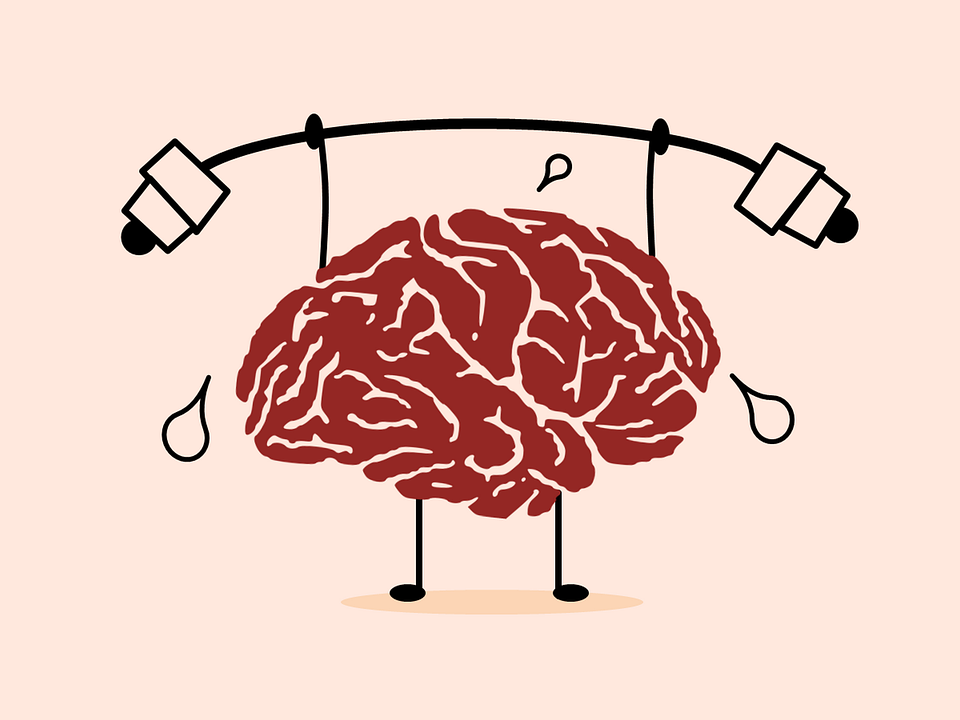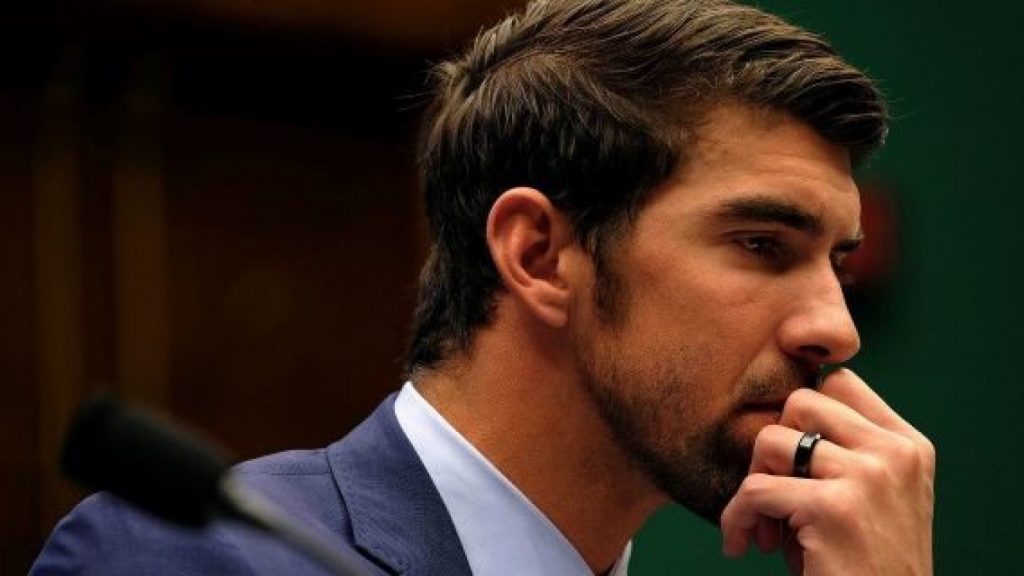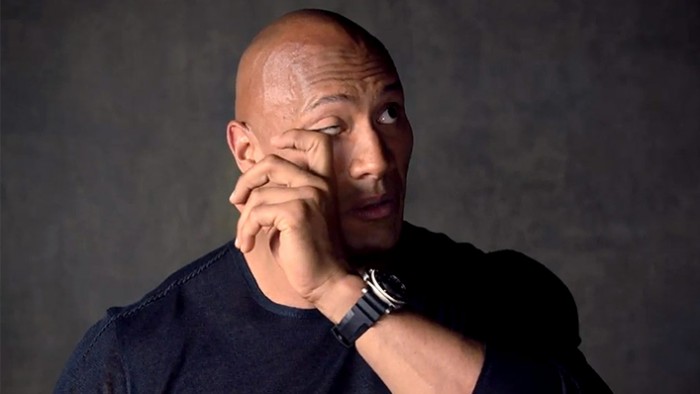Imagine a common scenario, two athletes on the bench. One struggling with depression, and one recovering from surgery to repair a ruptured ligament. Which seems more severe? Glaring social stigma points to the athlete with the physical injury. But mental illnesses are just as detrimental to performance.The issue of mental health is often stigmatized and neglected. Distorted views about mental health can cause struggling individuals to feel confused, embarrassed, and isolated. Further, these sentiments may be intensified for athletes and can serve as obstacles in the journey towards getting help.
One stigmatized belief is that depression is a sign of weakness. This conflicts with the notion of an athlete as an example of someone who is in optimal health. This distortion demonstrates the misunderstood concept of being healthy, and the common habit of valuing physical health over mental health. Strength is more than the physicality of the body; it includes the mind as well.The photos of a happy, healthy athlete on social media may serve as a mask for unspoken problems. Everyone tries to advertise the best version of themselves. It can contribute to the development of lower self-confidence and anxiety, that you’re only celebrated if you have won.The need to be in great shape can cause athletes to develop substance abuse and eating-related concerns. Further, athletes are tasked with the need to balance their personal and professional lives. Therefore, just as anyone else, athletes are susceptible to a variety of mental health struggles that can surface from general life concerns.
Often, elite sportsmen begin training from the age of six or seven. In certain sports, we see children being pushed in high quality, rigorous training schedules even before they are strong enough to endure it physically and mentally. Professional sport guarantees nothing; it requires energy-sapping fitness and practice routine just to stay in the race. Players often tend to believe that they should keep going as long as their physical state allows them to, considering they have a short shelf life as an athlete anyway. However, the mental stress accumulating over the years tends to strike hard without prior notice and sends their careers spiralling on a downward path.
In team sports, although there is camaraderie, bonding, traveling together and fun, when it comes down to performance, the elite athlete is suddenly all alone. During poor form or bad phases, the athletes may buckle under the pressure of everyone watching and monitoring them. People in regular jobs often worry about their performance during their appraisal cycles but not otherwise. Top athletes have no such luxury.
Michael Phelps, the most highly decorated Olympian of all time, has ADHD and intermittent depression. Phelps clarified that what we may have seen as rogue behavior resulting in arrests were actually evidence of his struggles with anxiety and depression
I remember sitting in my room for four or five days not wanting to be alive, not talking to anybody. That was a struggle for me … I reached that point where I finally realized I couldn’t do it alone
Dwayne “Rock” Johnson also struggled through years of depression and pain. Johnson hit rock bottom, when injuries shattered his dreams of playing professional football. He was let go from the Canadian Football League within a year of signing, and shortly after that, his then-girlfriend broke up with him.
I found that with depression one of the most important things you could realize is that you’re not alone. You’re not the first to go through it… I wish I had someone at that time who could just pull me aside and [say], ‘Hey, it’s going to be okay.
It’s stunning to know such unflinchingly honest details from members of an elite segment of society who have historically been regarded as untouchable heroes, whose salaries and endorsements are commonly in the tens of millions, and for whom the pressure to be mentally tough, laser-focused, and uber-marketable has kept the private, messy stumbles of interior life and its darknesses out of their public profiles.
Recognising the prevalence of concerns, and the risks of unchecked mental health issues, seeking help is crucial. The experiences of these high-achieving athletes prove that we need to improve the visibility of mental health struggles in the sporting world. Mental health professionals can provide help for emotional, psychological and social concerns just the same as a coach would provide support, technical assistance, and guidance. When caring for overall wellness, mental health is just as important to foster as physical strength. It is also crucial for the media and sports federations to work together and promote an athlete-friendly ambiance that judges less, support more, and reduces stress in the high-pressure world of elite sport.





